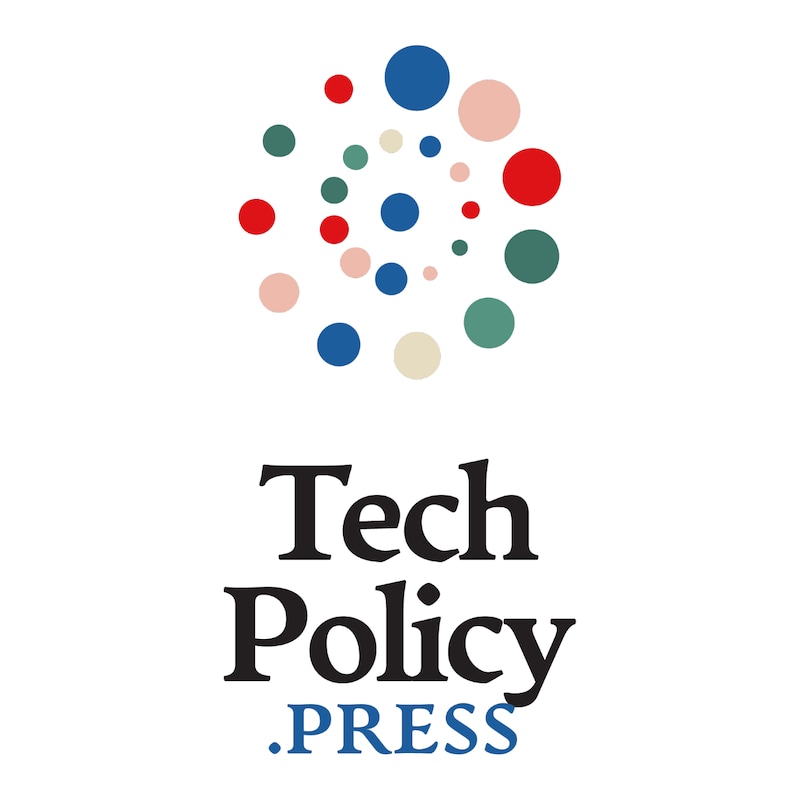Shownotes
In the years following the 2016 U.S. presidential election, much effort has been put into understanding foreign influence campaigns, and into disrupting efforts by Russia and other countries, such as China and Iran, to interfere in U.S. elections. Political and other computational social scientists continue to whittle at questions as to how much influence such campaigns have on domestic politics. One such question is how much did the Russian Internet Research Agency's (IRA) tweets, specifically, affect voting preferences and political polarization in the United States?
A new paper in the journal Nature Communications provides an answer to that specific question. Titled Exposure to the Russian Internet Research Agency foreign influence campaign on Twitter in the 2016 US election and its relationship to attitudes and voting behavior, the paper matches Twitter data with survey data to study the impact of the IRA's tweets.
To learn more about the paper, Justin Hendrix spoke with one of its authors, Joshua Tucker, a professor of politics at NYU, where he also serves as the director of the Jordan Center for the Advanced Study of Russia and the co-director of the NYU Center for Social Media and Politics (CSMaP). Hendrix and Tucker talked about the study, as well as what can and cannot be understood about the impact of the broader campaign of the IRA, or certainly the broader Russian effort to interfere in the U.S. election, from its results.





